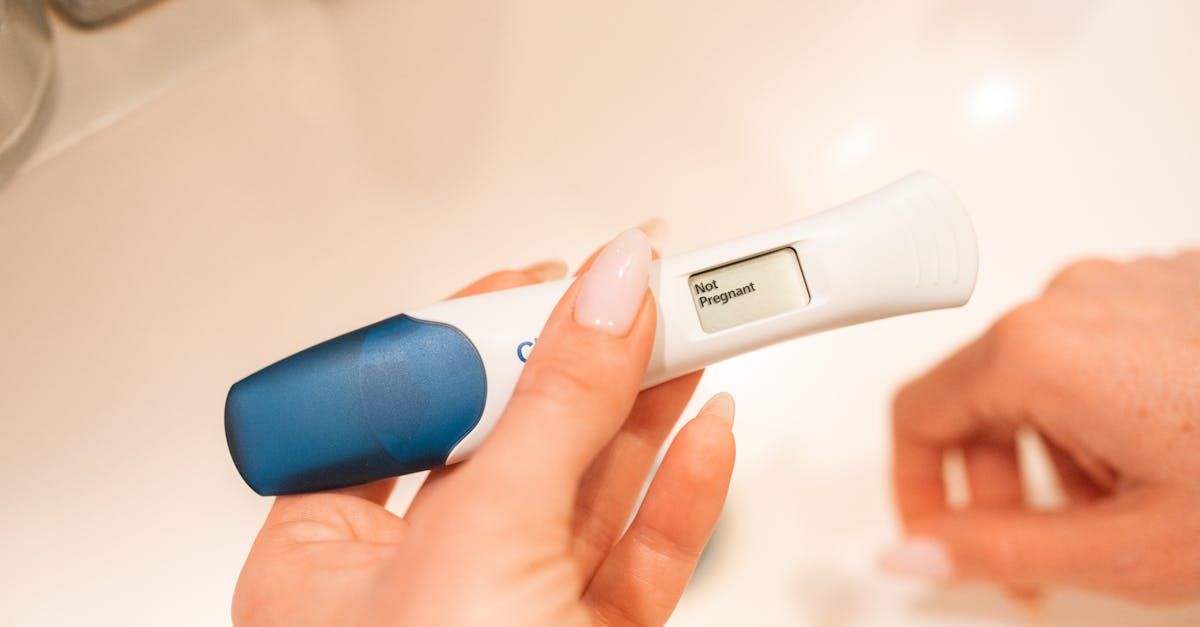When it comes to conception, most people think of the usual suspects: timing, health, and maybe a sprinkle of romance. But what if there’s a secret weapon lurking in the shadows? Enter selenium, the unsung hero of the mineral world. This little powerhouse might just be the key to unlocking fertility and boosting reproductive health.
Table of Contents
ToggleUnderstanding Selenium
Selenium, a vital trace mineral, plays a significant role in numerous bodily functions. This mineral supports antioxidant activity and enhances the immune system, contributing to overall health.
Importance of Selenium in Human Health
Selenium supports metabolic processes and helps maintain thyroid function. Individuals obtaining sufficient selenium often show improved cognitive function and better immune response. Incorporating selenium through diet can also lead to reduced oxidative stress and lower inflammation. Food sources rich in selenium include Brazil nuts, seafood, and grains. Adequate selenium levels may protect against certain chronic diseases, underscoring its value in a balanced diet.
Role of Selenium in Reproductive Health
Selenium influences reproductive health by supporting hormone production and antioxidant defenses. This mineral plays a crucial role in sperm motility and quality, directly affecting male fertility. Women with optimal selenium levels experience improved egg health and embryo quality, which facilitates conception. Additionally, selenium is associated with reduced risks of pregnancy complications, enhancing overall reproductive outcomes. Incorporating selenium-rich foods into the diet may help couples seeking to conceive.
Selenium and Male Fertility
Selenium plays a crucial role in male fertility by promoting sperm health and overall reproductive function. This trace mineral is vital for maintaining optimal sperm quality.
Impact on Sperm Quality
Selenium significantly improves sperm motility, which is essential for successful fertilization. Studies show that men with higher selenium levels often experience better sperm concentration and morphology. Adequate selenium intake reduces oxidative stress in sperm cells, protecting them from damage. Foods such as Brazil nuts and fish provide concentrated sources of selenium. It’s noteworthy that a deficiency in selenium can lead to reduced sperm viability and increased rates of infertility.
Influence on Hormonal Balance
Selenium contributes to maintaining the balance of reproductive hormones. It aids in the production of testosterone, which is critical for sperm production and overall male fertility. A healthy level of selenium supports the hypothalamic-pituitary-gonadal axis, a key regulator of male reproductive hormones. Insufficient selenium may lead to hormonal imbalances, potentially impacting libido and fertility. Incorporating selenium-rich foods into the diet can ensure hormone levels remain stable, thus supporting reproductive health.
Selenium and Female Fertility
Selenium significantly impacts female fertility and reproductive health. Adequate levels of selenium can support essential processes, enhancing the chances of conception.
Effects on Ovulation
Selenium influences ovulation by supporting hormonal balance. Research indicates that optimal selenium levels can help regulate the menstrual cycle. It appears that selenium may improve follicular development and egg quality, contributing to more regular ovulation patterns. In addition, its antioxidant properties reduce oxidative stress, which could otherwise impair ovarian function. Selenium-rich foods, like Brazil nuts, may enhance reproductive health by providing necessary nutrients for ovulation support.
Role in Pregnancy Outcomes
Selenium also plays a critical role in pregnancy outcomes. Adequate selenium levels can lower the risk of miscarriage and pregnancy complications. Data suggests that supplemental selenium may improve placental function and fetal development. Healthy selenium levels reduce oxidative stress in pregnant women, contributing to better maternal and fetal health. Additionally, studies link selenium to improved thyroid function, which is pivotal during pregnancy. Including selenium-rich foods in the diet may contribute to favorable pregnancy outcomes and overall reproductive health.
Food Sources of Selenium
Selenium-rich foods support fertility and overall health. A varied diet can ensure sufficient selenium intake.
Dietary Recommendations
Brazil nuts stand out as one of the richest sources of selenium, offering over 500 micrograms per ounce. Seafood, such as tuna, sardines, and shrimp, provides ample selenium, contributing to a healthy diet. Meat and poultry, particularly organ meats like liver, also contain significant amounts. Whole grains and legumes, including brown rice and lentils, contain lower levels but still contribute to daily intake. Consuming these foods regularly helps maintain adequate selenium levels, which are crucial for reproductive health.
Supplements and Their Risks
Selenium supplements may seem beneficial for those with low dietary intake. Excessive supplementation, however, can lead to toxicity, presenting risks such as hair loss, gastrointestinal disorders, and neurological damage. Healthcare professionals recommend obtaining selenium primarily through food rather than supplements. Testing for selenium deficiency becomes essential before considering supplementation. Consulting with a healthcare provider ensures a safe approach to increasing selenium levels for fertility-enhancing benefits.
Conclusion
Selenium’s role in conception and reproductive health is becoming increasingly recognized. This essential mineral not only supports overall health but also enhances fertility in both men and women. By promoting sperm health and improving egg quality selenium can significantly impact the chances of conception.
Incorporating selenium-rich foods into the diet is a simple yet effective strategy for couples trying to conceive. With sources like Brazil nuts and seafood readily available it’s easier than ever to ensure adequate intake. However, it’s crucial to approach supplementation with caution and seek professional advice when needed. Embracing a balanced diet rich in selenium can pave the way for healthier pregnancies and improved reproductive outcomes.








